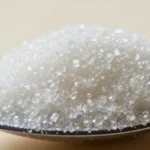Smart Choices Start with Real Facts.
Coca-Cola vs Diet Coke: Which One Is Worse for Your Health in 2025?

“When people debate Coca-Cola vs Diet Coke, the conversation usually revolves around sugar, calories, and health risks. Regular Coke delivers a high dose of sugar, while Diet Coke avoids sugar but relies on artificial sweeteners. Understanding how each affects your body can help you make smarter choices.” Let’s break it down.
What’s actually inside these cans
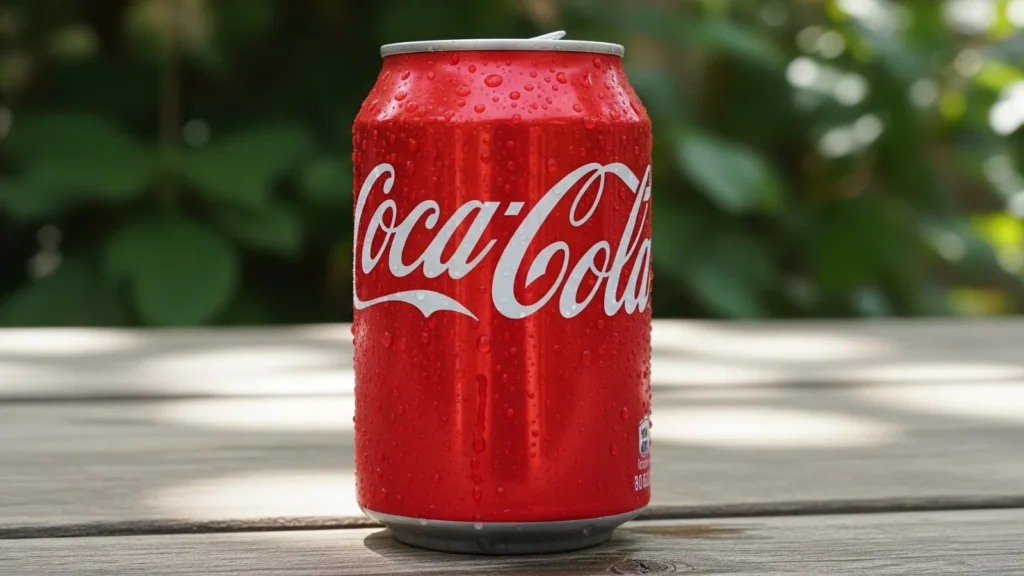
Coca-Cola (Regular)
- Calories: ~140 per 12 oz (355 ml)
- Sugar: 39 g, which is roughly 10 teaspoons
- Nutrition: no protein, fibre, or vitamins to offset the sugar
Coca-Cola confirms the 39 g figure on its own nutrition page. That’s 78% of the U.S. Daily Value for added sugar in a single can.
How that compares to daily limits:
The American Heart Association suggests staying under 36 g of added sugar per day for men and 25 g for women. One can of Coke takes most men to the limit and puts most women over it.
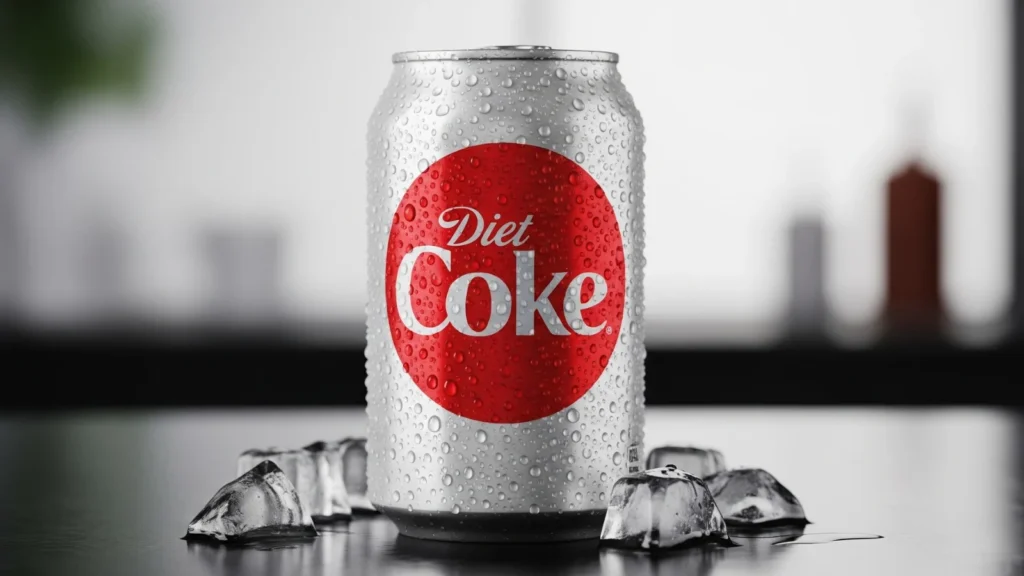
Diet Coke
- Calories: 0–5 per can
- Sugar: 0 g
- Sweetness: mainly from aspartame (sometimes with acesulfame-K)
No sugar means no blood sugar spike or calories. That sounds great, but artificial sweeteners come with debates about weight, heart and brain health, and the gut microbiome.
Coca-Cola vs Diet Coke: Health Effects Explained
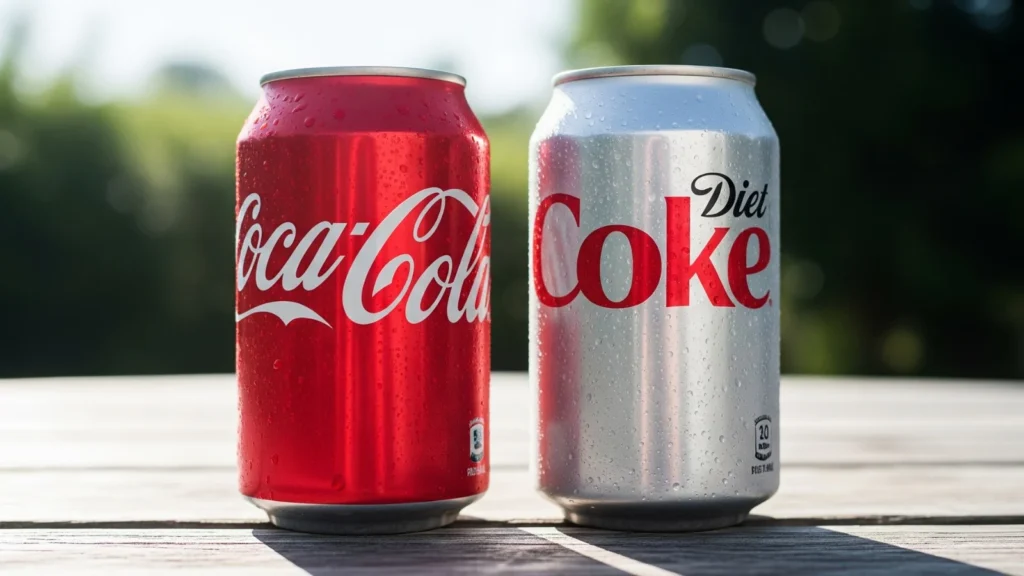
The regular Coke problem: sugar and acidity
- Weight gain and diabetes risk: Sugary drinks add fast-absorbed calories and are tied to weight gain and higher diabetes risk in large populations.
- Heart risk: High added sugar intake is linked with heart disease. A single can of Coke can hit or exceed the AHA daily added sugar limit for many people.
- Teeth: The combination of sugar and acidity erodes enamel and drives cavities. Systematic reviews and dental research point to soft drinks as strong contributors to dental erosion.
The Diet Coke debate: artificial sweeteners
There are three buckets of evidence to know:
1. Weight and metabolic outcomes
The World Health Organisation reviewed the evidence in 2023 and advised against using non-sugar sweeteners to control body weight. The guideline drew on systematic reviews that found little to no long-term weight benefit and possible associations with diabetes and cardiovascular events.
There are also randomised trials and weight-maintenance studies with mixed results. Some show similar or slightly better weight maintenance with non-nutritive sweetened beverages compared to water, while others favour replacing diet drinks with water. Bottom line: results vary, and long-term real-world benefits are uncertain.
2. Cardiovascular and stroke risk
Observational research in older women linked frequent diet beverage intake (two or more per day) with higher risks of ischemic stroke, heart disease, and all-cause mortality. These studies cannot prove cause and effect, but they raise concerns at high intakes.
3. Gut microbiome and glucose tolerance
The famous 2014 Nature paper showed certain artificial sweeteners could trigger glucose intolerance through microbiome changes in mice and in small human experiments. This doesn’t mean every person will react the same way, but it explains a plausible mechanism for mixed metabolic outcomes.
What about cancer and aspartame?
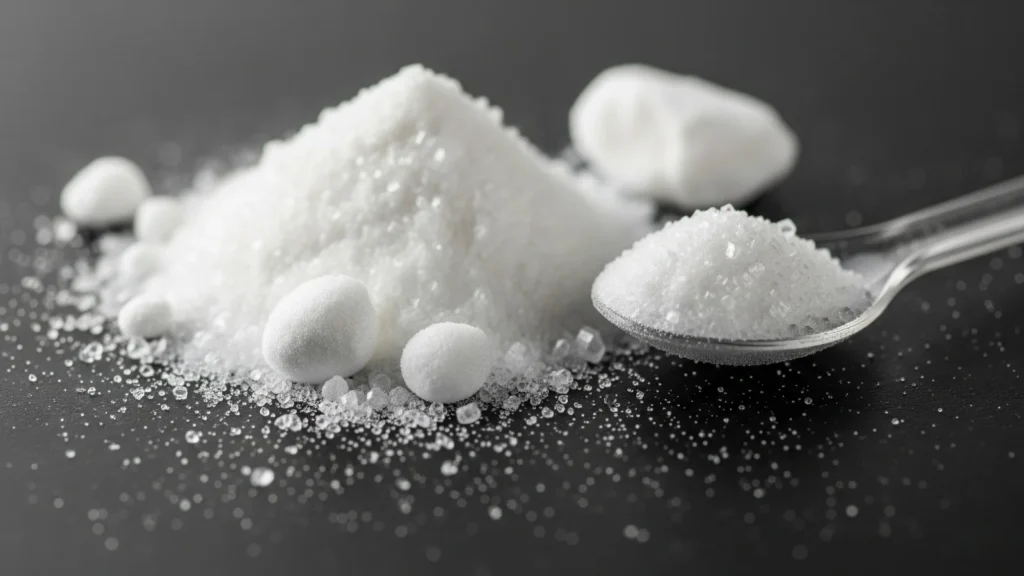
In 2023, the WHO’s cancer research arm, IARC, labelled aspartame “possibly carcinogenic” (Group 2B) based on limited human evidence. On the same day, the WHO/JECFA risk assessment reaffirmed the acceptable daily intake at 40 mg/kg body weight, meaning typical consumption can stay within safety limits. Translation: there’s no consensus that normal Diet Coke consumption causes cancer, but the signal is being watched.
Head-to-head: which is worse?
It depends on the health outcome you care about.
- Weight and blood sugar:
Diet Coke wins here. Zero sugar and near-zero calories won’t spike glucose or directly add to daily calorie load. But don’t assume it helps with weight loss long term. Evidence on weight control is mixed, and the WHO advises not to rely on sweeteners for weight management. - Cardiometabolic risk in heavy, long-term use:
Regular Coke clearly adds risk through high added sugar. Diet Coke avoids sugar but shows associations with stroke and heart events in heavy consumers in some observational studies. Associations are not proof, yet they’re enough to recommend moderation. - Teeth:
Both are acidic and can erode enamel, but regular Coke adds sugar that feeds cavity-causing bacteria. Diet Coke is still acidic and can wear enamel over time. If dental health is your priority, both are poor daily choices. - Cancer concerns:
For Coke, the focus is more on metabolic disease than cancer. For Diet Coke, aspartame sits in a “possibly carcinogenic” bucket with an established daily intake deemed tolerable by regulators. The smart move is not to lean on it every day.
The practical verdict
If you’re choosing between the two in the debate of Coca-Cola vs Diet Coke for blood sugar, weight, and calories, Diet Coke is the lesser evil in the short term. However, if you’re thinking about long-term overall health, the safest path is to treat both as once-in-a-while drinks, not daily staples.
Simple swaps that actually help

- Sparkling water + citrus for a cola-like fizz without sugar or sweeteners.
- Unsweetened iced tea or black coffee for a caffeine lift.
- Fruit-infused water for flavour without added sugar.
- Diluted fresh lime soda at home with a pinch of salt and no sweetener if you want something “cola-adjacent.”
For teeth, rinse with water after acidic drinks and wait 30 minutes before brushing so you don’t brush softened enamel.
| Factor | Coca-Cola | Diet Coke |
|---|---|---|
| Calories | ~140 per 12 oz | 0–5 per 12 oz |
| Sugar | 39 g | 0 g |
| Sweeteners | Sugar/syrup | Aspartame ± Ace-K |
| Weight/diabetes | Clearly raises risk with regular intake | Mixed evidence; not reliable for weight loss |
| Heart/stroke | High sugar intake is a known risk factor | Heavy intake linked to higher risk in some studies (observational) |
| Teeth | Sugar + acid harms enamel | Acid harms enamel, even without sugar |
Sources for key numbers and claims: Coca-Cola nutrition facts, AHA sugar limits, WHO guidance on sweeteners, IARC/JECFA on aspartame, stroke risk study, and dental erosion research.
- Coca-Cola nutrition facts
- AHA sugar limits
- WHO guidance on sweeteners
- IARC/JECFA on aspartame
- stroke risk study
Final take
If sugar, calories, and blood sugar are your main concerns, Diet Coke is the less harmful option in the moment. If you zoom out to long-term health, relying on either drink daily isn’t smart. Your best move is to keep both as occasional treats and switch your everyday drink to water, unsweetened tea, or coffee.







